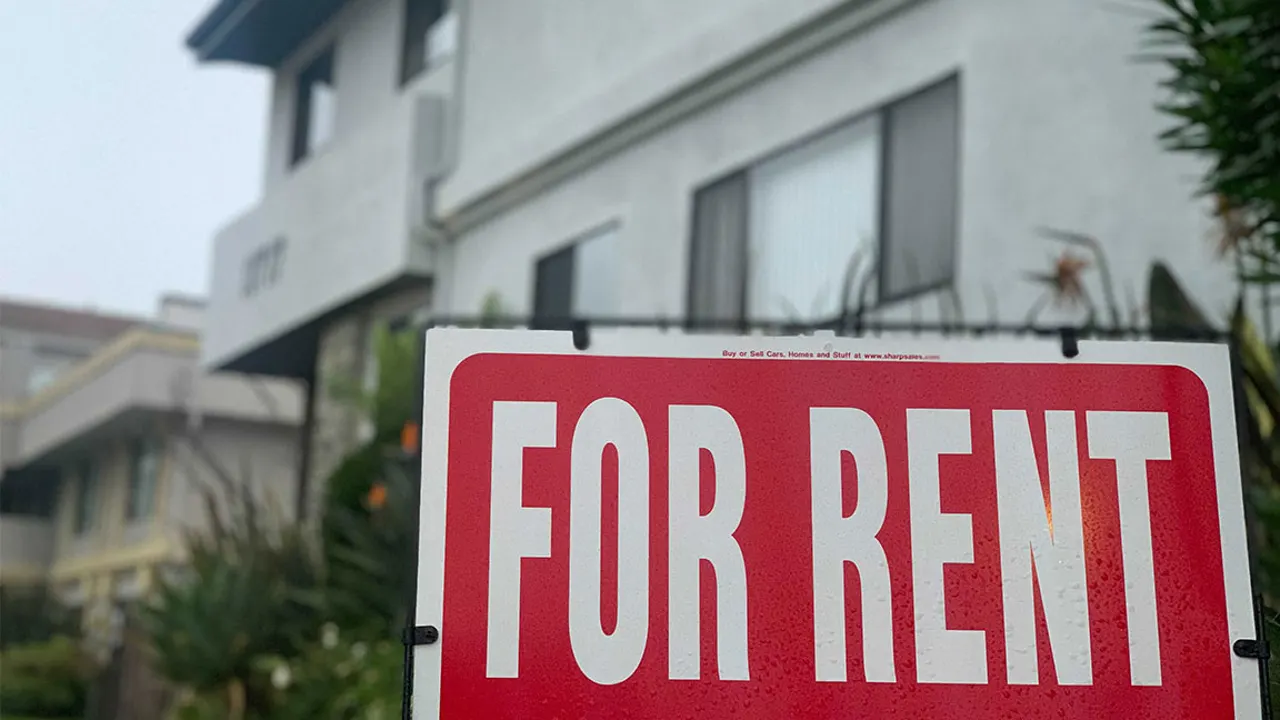As a tenant in Kansas, it’s essential to understand your rights and responsibilities regarding rent increases. While Kansas doesn’t have rent control laws, landlords must follow specific guidelines to ensure that rent increases remain legal and fair. This article offers a detailed exploration of Kansas rent increase laws, providing clarity for tenants in cities like Wichita, Overland Park, Kansas City, Topeka, and Olathe.
Navigating landlord-tenant relationships can be complex, particularly when it comes to rent increases. Kansas law offers protections to tenants, emphasizing transparency and fairness in the rent adjustment process. By understanding these laws, you can ensure that your rights are upheld and avoid potential disputes with your landlord.
When Can a Landlord Raise Rent in Kansas?
The timing of a rent increase in Kansas depends on your lease agreement’s type:
- Fixed-Term Leases: Landlords cannot increase your rent during the active period of a fixed-term lease (e.g., a one-year lease). Your rent amount is locked in for the agreed-upon duration. However, upon the lease’s expiration, the landlord has the right to propose a rent increase for the renewal period.
- Month-to-Month Leases: For month-to-month rental agreements, landlords have more flexibility in adjusting the rent. Importantly, they must provide adequate written notice before the new rent amount takes effect (see the “Notice Requirements” section below).
How Much Can a Landlord Raise Rent?
Kansas does not impose rent control laws. This implies that landlords have the discretion to raise the rent by any amount they deem appropriate. However, landlords should consider market rates and maintain competitive pricing to attract and retain tenants. Excessive or unreasonable rent increases might lead to tenant turnover and vacancies.
Notice Requirements for Rent Increases
In Kansas, providing proper notice is a crucial aspect of the rent increase process. Landlords must adhere to the following:
- Minimum Notice Period: Kansas law mandates a minimum of 30 days’ written notice for rent increases in most rental situations. If your rental unit is a mobile home, the landlord must provide a minimum of 60 days’ written notice.
- Content of Notice: The written notice must clearly specify the new rent amount and the date it takes effect. The 30-day (or 60-day) period begins from the date the tenant receives the notice.
Discriminatory or Retaliatory Rent Increases
The Fair Housing Act prohibits discrimination based on protected characteristics such as race, color, religion, sex, national origin, familial status, and disability. Landlords cannot single out tenants for discriminatory rent increases based on these factors.
Moreover, landlords cannot increase the rent in retaliation for a tenant exercising their legal rights. These rights could include:
- Requesting repairs
- Forming a tenant’s union
- Reporting housing code violations
Retaliatory actions by a landlord are illegal and should be reported to the relevant authorities.
Challenging a Rent Increase
If you believe a rent increase is unjustified, discriminatory, or retaliatory, you have options to challenge it. Consider these steps:
- Negotiate with Your Landlord: Initiate a conversation with your landlord and express your concerns. Attempt to negotiate a compromise or a smaller increase.
- Seek Legal Advice: Consult a tenant rights attorney or organization (see “Tenant Resources” below) to understand your legal options and the strength of your case.
Tenant Resources in Kansas
If you have questions or face issues related to rent increases, numerous resources are available to assist you:
- Kansas Attorney General’s Office: The Consumer Protection Division provides information and complaint forms for tenants facing unfair practices.
- Kansas Housing Resources Corporation (KHRC): KHRC offers various resources for tenants and information about affordable housing programs.
- Website: https://kshousingcorp.org/
- Tenant Organizations: Local or statewide tenant organizations can provide advocacy, information, and referrals to legal services. Search online for tenant unions or organizations in your area.
- Legal Aid: If you meet certain income eligibility criteria, you may qualify for free legal assistance through organizations such as Kansas Legal Services.
- Website: https://www.kansaslegalservices.org/
Conclusion
Understanding Kansas rent increase laws is vital for tenants to protect their interests and maintain a positive landlord-tenant relationship. Key takeaways include:
- Landlords cannot raise rent during fixed-term leases.
- There are no rent control limitations in Kansas.
- Landlords must provide a minimum of 30 days’ written notice for rent increases (60 days for mobile homes).
- Discriminatory or retaliatory rent increases are illegal.
- Tenants have resources for support and legal assistance.
By being informed and proactive, you can navigate your tenancy with confidence and advocate for your rights.
Sources
- Kansas Statutes:
- Landlord and Tenant Residential Act [https://ksrevisor.org/statutes/chapters/ch58/058_025_0040.html]
- Kansas Attorney General – Consumer Protection Division: https://ag.ks.gov/consumer-protection
Please note: This article provides general information and should not be considered legal advice. It’s always best to consult with a qualified attorney or tenant rights organization for specific guidance on your situation.



